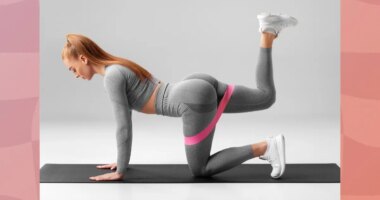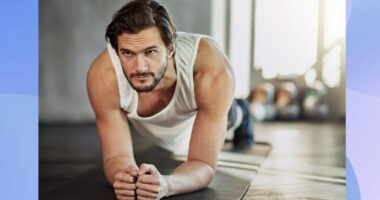You already know the major bad lifestyle habits to avoid: Smoking, drinking excessively, eating tons of junk food, etc. (Well, at least, you should know.) But there are plenty more smaller—yet super common—bad habits that people commit that can totally wreck their health and fitness. They seem so innocuous, but they can lead to big issues down the road. Thankfully, these are super easy to break and replace. We’re here to share seven bad fitness habits to quit after 40 and what to do instead to upgrade your health and fitness for many decades to come. Keep reading to learn more, and next, don’t miss 9 Fitness Habits That Are Destroying Your Body Before You Reach 50.
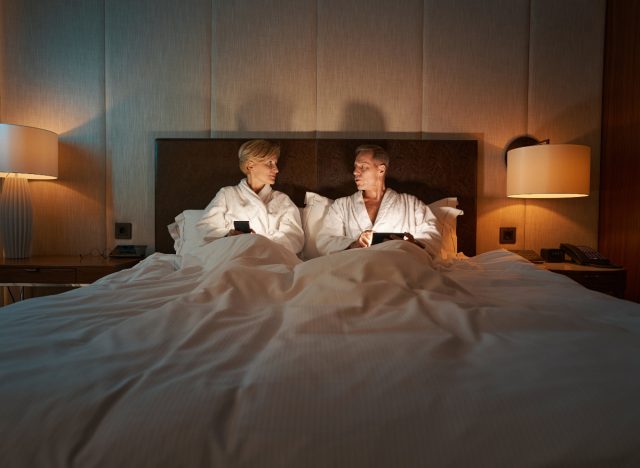

You may not think about it this way, but getting sufficient sleep is a crucial part of your fitness routine. (After all, the real gains happen when you’re resting!)
The Sleep Foundation recommends adults 18 years and up get at least seven hours of solid sleep each night. But alas, as you age, it often gets more challenging to fall asleep and actually stay asleep, which can lead to plenty of health issues and decreased motivation to hit up the gym. Don’t make things even worse by using bright electronics before bed, which is absolutely terrible for your sleep.
Consider it a top goal of yours to stop using electronics an hour before you fall asleep. Try reading a book before dozing off, doing some gentle stretching, meditating, or journaling instead.


Sitting at a 9-to-5 desk job is all too common nowadays, but prolonged sitting can increase your risks of many health issues, including high blood sugar, increased belly fat, bad cholesterol levels, and higher blood pressure, the Mayo Clinic reports. Research shows a sedentary lifestyle can even heighten the risk of suffering from early mortality. In addition, when you stay stationary, your muscles get locked into those positions and get shorter and tighter, which can impair your fitness and flexibility.
Find ways to move around throughout your day. If you sit at work, stand up every few minutes to move around and stretch. Take walks throughout the day and find more reasons to stand.


Unless you’re Danny Glover, you should never say, “I’m too old.” It creates a sort of self-hypnosis and confirmation bias: Rather than believing you’re young, you’ll look for examples proving you’re “too old.” This becomes increasingly true when working out. Yet believing you’re younger actually has tremendous health benefits. I’ve met people in their 70s who live like they’re in their 20s and people in their 20s who live like they’re in their 70s. So tell me: Who’s actually “old?”
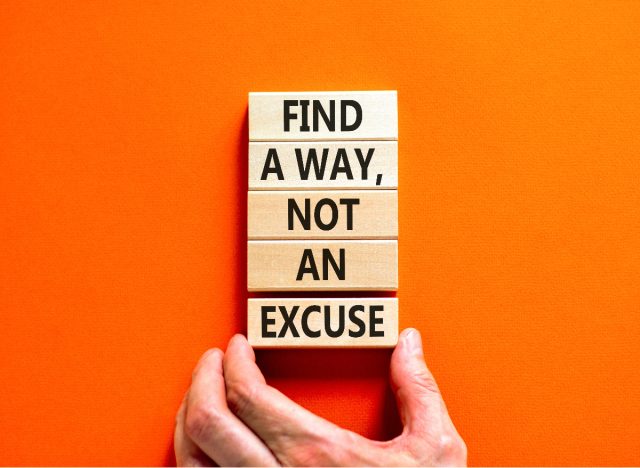

When you say, “I don’t have time,” it’s the equivalent of, “My dog ate my homework.” It’s not your schedule; sometimes, it may be something deeper—poor self-esteem or self-image, traumas, fear of failure, etc. As a full-fledged adult, it’s time to quit making excuses. Just get started, build the fitness habit, and then it’ll get much easier making it to the gym. If you wait until you feel 100% “ready,” you’ll probably never start.
READ RELATED: Police Busts 30 Fake Hospitals Run By Quacks In Gurugram
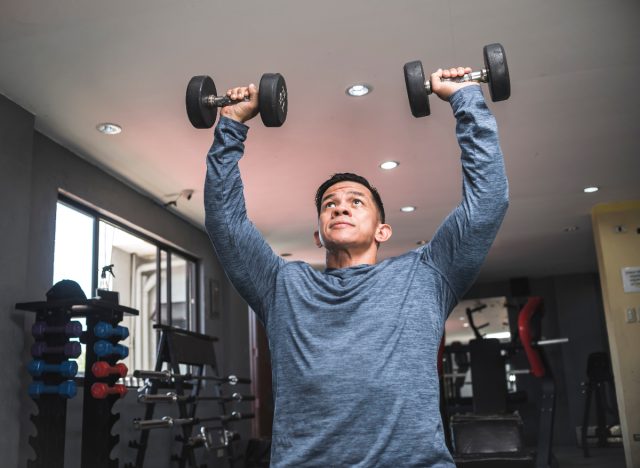

If want to get back in shape after 40, doing workouts or diets from your college days isn’t the best idea. Your body, metabolism, and life have changed tremendously—following an outdated plan can overwhelm and stress your body and cause more harm than good.
Instead, follow a program designed for your current body, limitations, goals, and lifestyle. You’ll get better results and avoid major setbacks.
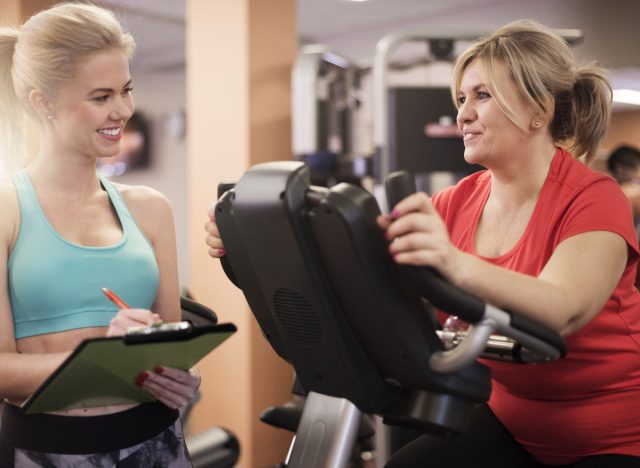

If you’ve ever said, “I know what I need to do, I just need to do it,” I’ll be brutally honest: You do NOT know what you need to do. (If you did, you would have done it already!) It’s perfectly okay to admit you don’t know the best way to get fit. It’s okay to ask or invest in help with exercise, diet, and more. Once you do so, you’ll remove the burden and save yourself years and years of wasted time and not the results you’re looking for.
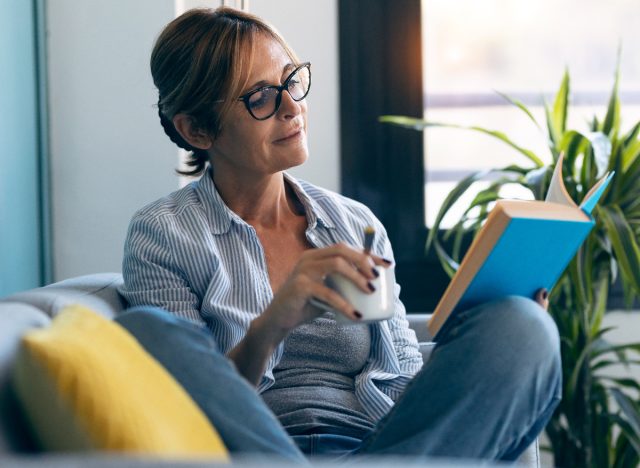

Trainers love when their clients train consistently in the gym. But we also love when our clients use those fitness improvements to live full, active lives—not just sit on the couch at home. After all, life happens outside of the gym. Find active hobbies like hiking, biking, dancing, swimming, gardening, and more. Don’t think of exercise as something you do a few times a week; think of it as a way of life, and you’ll get more benefits than you could’ve imagined.
Anthony J. Yeung




